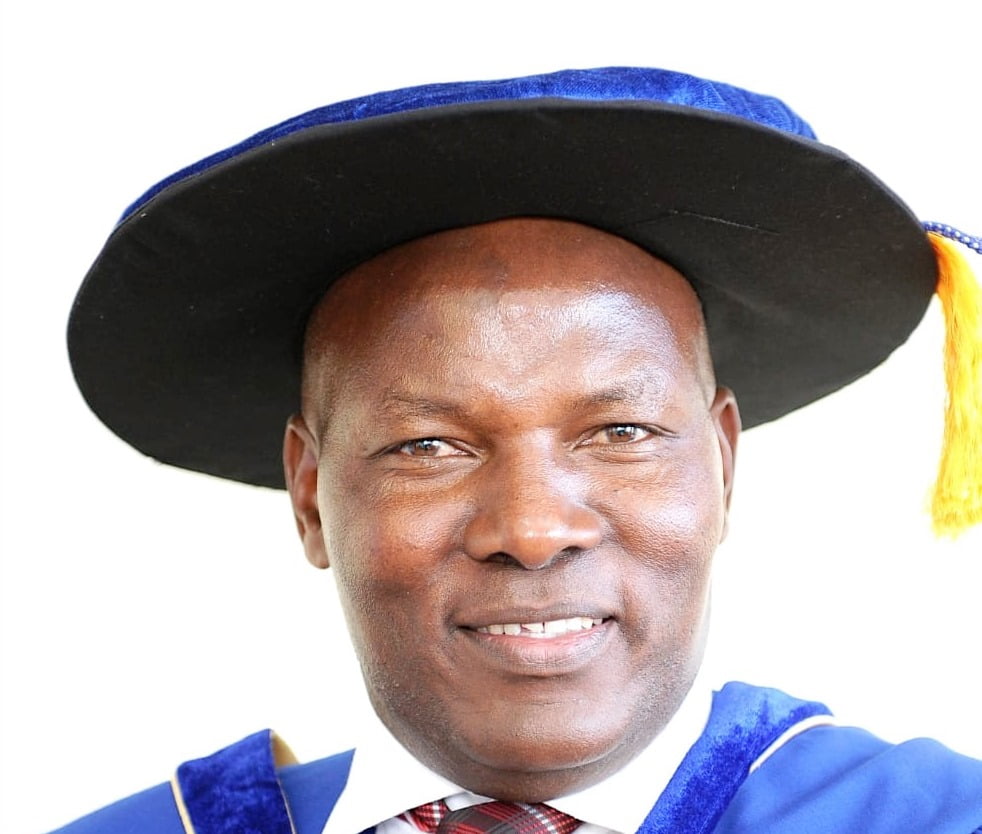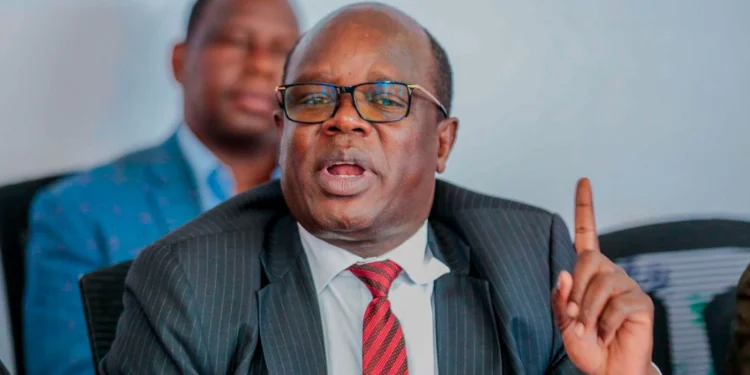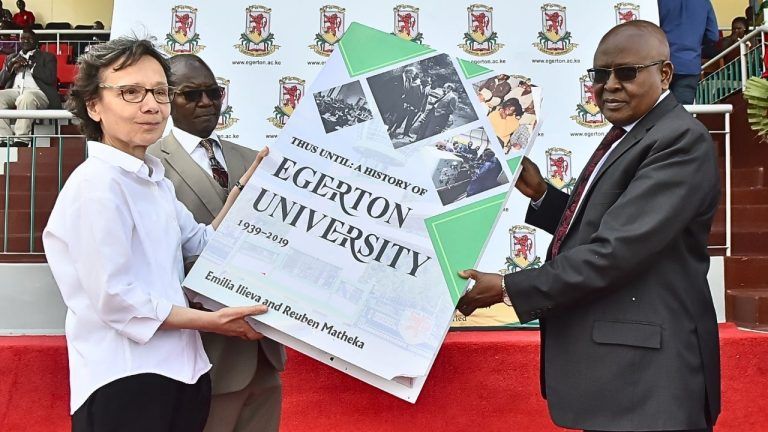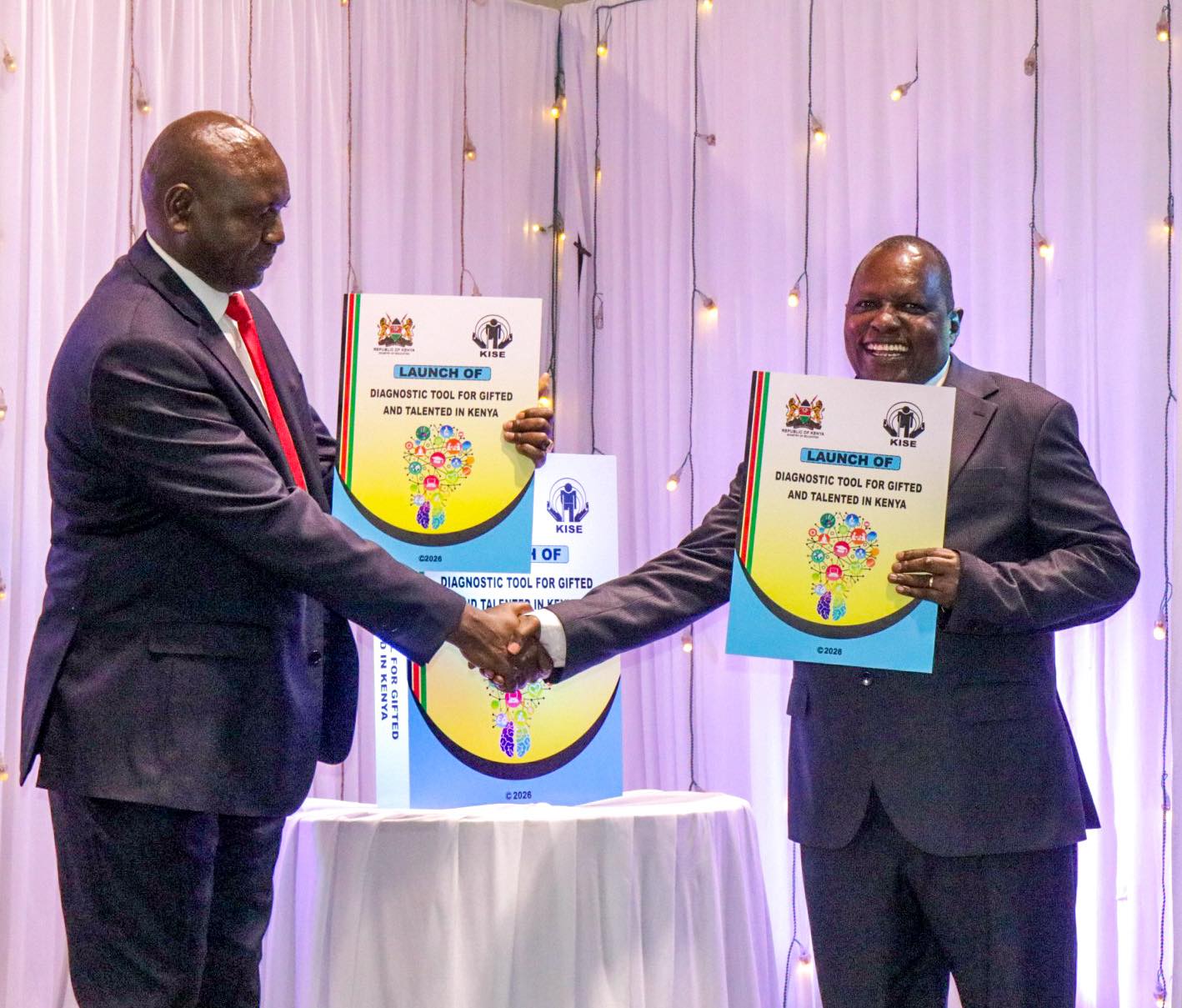By James Wakahiu
Primary school head teachers have been advised to embrace new changes brought about the introduction of the Competency-Based Curriculum (CBC) and spearhead reforms in the education sector.
Speaking at the 18th Kenya Primary Schools Headteachers Association (KEPSHA) annual general meeting at Sheik Zayed Children’s Centre in Mombasa, Mount Kenya University (MKU) Pro-Chancellor Dr. Vincent Gaitho said educational reforms have been made from time to time since independence through commissions which are operationalized in the context of the country’s educational perspective.
“There is need to bring teachers up to speed with the necessary skills that will allow them to begin delivering CBC lessons based on the system’s principles. We need to develop modalities of fast-tracking retooling teachers to ensure the country has sufficient numbers who are compliant with CBC. Priority should be given to those teachers who will be handling Grade 7 learners,” he added.
This comes after President William Ruto directed that the Kenya Primary School Education Assessment (KPSEA) examination shall not be used to determine the placement of pupils in Junior Secondary School (JSS) but rather to scrutinize learning progress and provide feedback to education sector players on areas of CBC that require intervention; and that JSS be domiciled in the existing primary schools.
Dr. Gaitho recalled recommendations of past commissions on education reforms including; the Ominde Report (1964) which served to mobilize human resources to achieve national development and unity; the Gachathi Report (1976) which helped to redefine vocational policies, cultural aspirations, socio-economic and national unity; the Mackay Report (1981) which established the 8-4-4 education system; the Kamunge Report (1988) featured mostly on education quality, relevance, and financing; the Koech Report (1999) advocated for Total Integrated Quality Education and Training (TIQET) to replace the 8-4-4 system and recommended the expansion of compulsory basic education from 8 to 12 years, that no examination be held between primary and secondary, a reduction of subjects at secondary to ease curriculum as well as introduction of a pre-university level to allow student to mature before going to university.
He noted that although the Free Primary Education (FPE) programme was successfully introduced in 2003, education outcomes remain highly inequitable.
“Considerable progress has been made towards universal secondary education, but the current tiered system places the better-resourced national schools out of the poor’s reach. The cost of joining a boarding secondary school is expensive for ordinary Kenyans. Also, bursaries available are far from adequate,” Dr. Gaitho said.
During the conference, the school heads called on the government to review capitation to primary schools and increase the funds from Ksh 1,400 to Ksh 7, 500 per child per year. KEPSHA National Chairman Johnson Nzioka said the last review on capitation was done in 2010.






